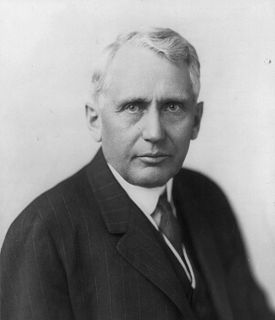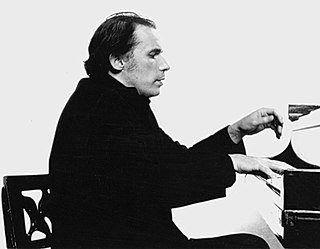A Quote by Johann Wolfgang von Goethe
The history of knowledge is a great fugue in which the voices of the nations one after the other emerge.
Related Quotes
Economic man and the Calvinist Christian sing to each other like voices in a fugue. The Calvinist stands alone before an almost merciless God; no human agency can help him; his church is a means to political and social organization rather than a bridge to deity, for no priest can have greater knowledge of the divine way than he himself; no friend can console him - in fact, he should distrust all men; in the same fashion, Economic Man faces a merciless world alone and unaided, his hand against every other's.
The introduction of the Christian religion into the world has produced an incalculable change in history. There had previously been only a history of nations--there is now a history of mankind; and the idea of an education of human nature as a whole.--an education the work of Jesus Christ Himself--is become like a compass for the historian, the key of history, and the hope of nations.
The founders of the United Nations expected that member nations would behave and vote as individuals after they had weighed the merits of an issue - rather like a great, global town meeting. The emergence of blocks and the polarization of the United Nations undermine all that this organization initially valued.
In less than a century after the barbarian nations settled in their new conquests, almost all the effects of the knowledge and civility, which the Romans had spread through Europe, disappeared. Not only the arts of elegance, which minister to luxury, and re supported by it, but many of the useful arts, without which life can scarcely be contemplated as comfortable, were neglected or lost.
Years should not be devoted to the acquisition of dead languages or to the study of history which, for the most part, is a detailed account of things that never occurred. It is useless to fill the individual with dates of great battles, with the births and deaths of kings. They should be taught the philosophy of history, the growth of nations, of philosophies, theories, and, above all, of the sciences.






































